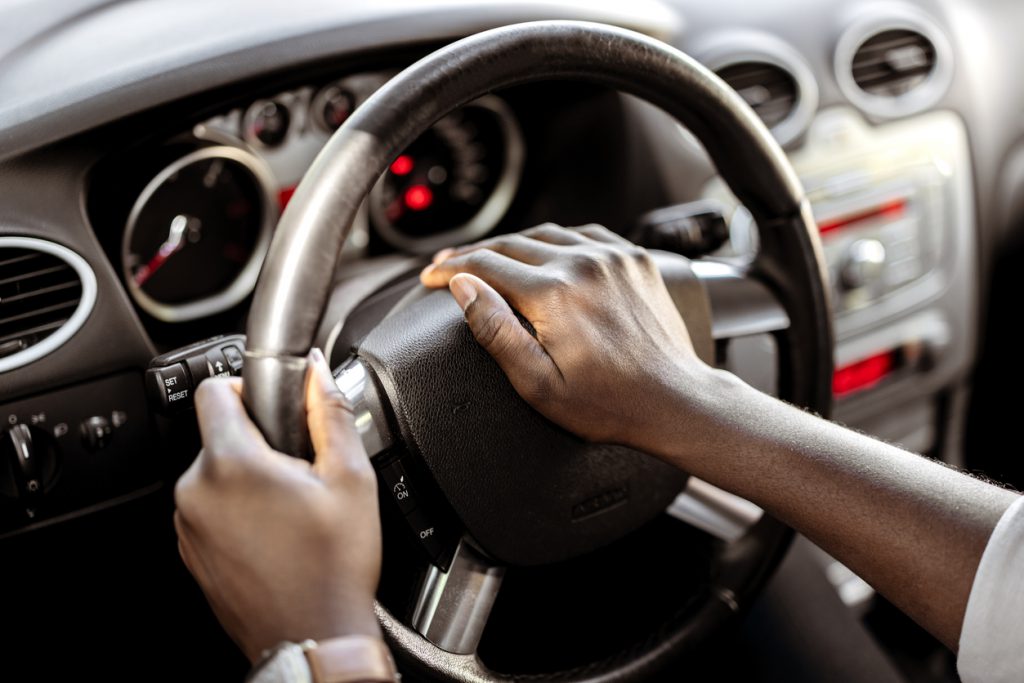
There are so many rules of the road that driving instructors can’t be expected to tell you everything. That, after all, is what the交通法规is for.
But just in case theregulations have changedsince you took your test we’re outlining some of the things most of us do, that we shouldn’t. Some can even result in hefty fines.
Be careful when you use your horn
Imagine this. You’ve gone to pick your mate up but they’re late. You’re sitting in the car outside their place so you honk the horn to remind them you’re there ‑ and that they’re late!
Or perhaps, someone spears out of a side road in front of you. You brake heavily and avoid contact but it’s no thanks to them. You hit the horn hard to show your displeasure at their selfishness.
Let’s face it, many of us have probably done these at some point in our motoring career. But both scenarios fly in the face of the Highway Code. For a start Rule 112 is very explicit that you should “never sound your horn aggressively”.
The rules of the road say drivers should only use their horn when the vehicle is moving and they have to warn other road users of their presence. It says you must not use your horn while stationary on the road or in a built-up area between 11.30pm and 7am.
Flashing your lights isn’t a way to communicate
Another situation that we’re all familiar with is using headlight flashing as a means of communicating with other drivers. Whether it’s to say: “Thanks for letting me out” or “You’re jolly rude for cutting in front of me like that”, the headlight flash is a way to get your message across. But it’s wrong.
高速公路代码110规则:“只有flash你headlights to let other road users know that you are there. Do not flash your headlights to convey any other message or intimidate other road users.”
It adds that drivers should not take someone flashing their headlights at them as an invitation to proceed. Drivers must use their own judgement.
Playing loud music can land you with a fine

You’re driving along and one of your favourite tunes comes on the radio. Time to crank the volume up to 11 and show the world you’re the next Ed Sheeran. Except it could land you with a hefty fine.
开车太露的音乐d can be deemed a distraction according to Rule 148 of the Highway Code. The police could fine you £100 and give you three points on your licence. And if it’s really loud and you’re charged with dangerous driving, you could be in line for a fine of up to £5,000 and a ban.
Arguing can land you in hot water
And not just with the other half. Under the same rule as loud music, the Highway Code also says drivers should avoid all forms of distraction. And that includes “arguing with your passengers or other road users”. A good excuse to avoid disagreements over directions.
Hogging the middle lane
For some drivers, hogging the middle lane is a rite of passage. But next time you pass or are passed by a driver who resolutely refuses to move over to the empty inside lane, know you’ve got the moral high ground.
Rule 264 of the Highway Code says drivers should stay in the left lane unless they’re overtaking.
What’s more, middle lane hogging can lead to a fine. Since 2013, it comes under the mantle of careless driving. That means a police officer can hand out a £100 fine and three penalty points.

And one thing you can do…
There is confusion from some drivers aroundhandheld mobile phone use while driving. The rules were tightened up this year with a heavier £200 fine and six penalty points if you’re caught flouting the law.
But there is one exception: drivers can still handle their mobile phone at the wheel to pay for things. Contactless payments using a mobile while stationary are legal. The law says: “This exemption will cover, for example, places like a drive-through restaurant or a road toll, and will only apply when payment is being made with a card reader. It will not allow motorists to make general online payments while driving.” So there you go.
